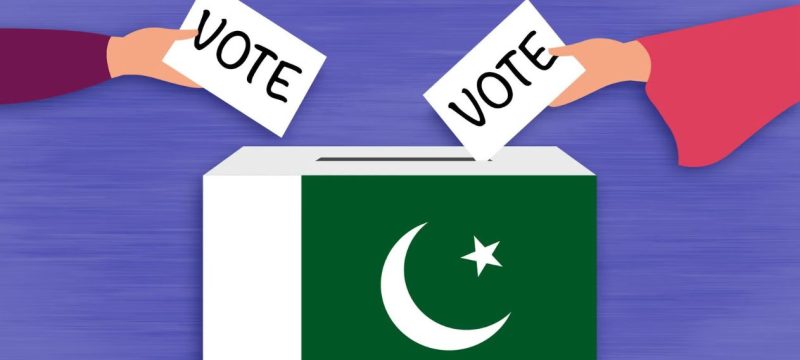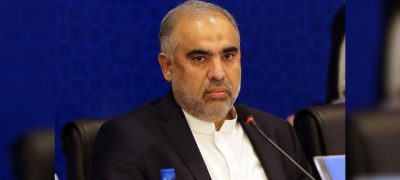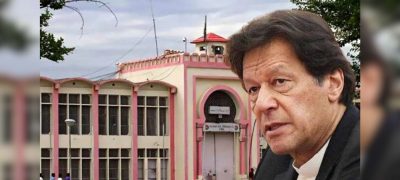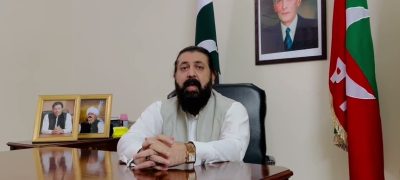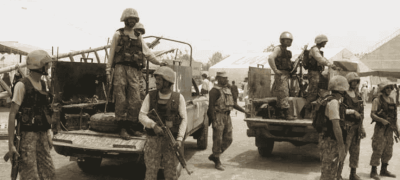Pakistani politics often looks like a tragedy. Sometimes, it feels like a circus. And every now and then, it manages to be both at once. The upcoming by-election in NA-104 is no exception.
The original candidate, Sahibzada Hamid Raza, has been disqualified, and the PTI — in an act of “principled boycott” — has chosen to sit this one out. But principles in politics, as we know, often come with fine print. A few PTI-linked independents have still thrown their hats into the ring. Among them is Shakeel Shahid.
But the real “star attraction” is none other than Raja Riaz. Yes, the same Raja Riaz who once roared like a lion on a PTI ticket, only to later form a forward bloc and become a poster child of the regime-change saga.
He tasted power, savored perks, and left his own party’s supporters staring blankly at the betrayal. And now, he’s back in front of the very people he once deceived, seeking votes. One wonders: after treachery, does loyalty also come with a warranty card signed by the voters?
Yet this time, there’s a fresh name in the mix: Shaheer Haider Malik Sialvi, Chairman of the Pakistan Nazriyati Party. Unlike the old-guard politicians who chant hollow slogans about paving streets and fixing drains, Sialvi takes a different line. “That’s the job of local councils,” he argues. “A true parliamentarian must give the country vision, dignity, and a roadmap for prosperity.” And frankly, he has a point.
Sialvi is not a drawing-room revolutionary. His record is already visible. He led the charge in Islamabad against pro-Israel demonstrations, he publicly challenged the hollow feminist slogan of “my body, my choice” by championing women’s dignity, and he has defended Pakistan’s case robustly on international media — from rattling Indian anchors on live television to representing Pakistan’s stance on Palestine at a global conference in Iraq. In other words, he is not a part-time patriot who spends five years in Dubai or London after winning an election.
His message is simple but powerful:
“Decisions about Pakistan must be made in Pakistan. Don’t hand out charity, create employment. Launch initiatives — like the proposed Fatima Jinnah Program — to enable women and youth to earn with dignity and strengthen the national economy.”
The question, then, is this: will the voters of NA-104 again choose the same recycled faces who treat political parties like corner-shop franchises? Or will they dare to support a vision that actually extends beyond the next sewer line or patch of concrete?
History suggests voters too often prefer “thumbprint candidates” or, worse, the “educated fools” who stumble into Parliament and then butcher legislation. The outcome? A nation stuck in the same tired cycle, while the world moves on.
Raja Riaz and his fellow independents offer little more than the usual pitch: “We’ll pave your street.” But here’s the problem: a country doesn’t climb out of poverty and humiliation with paved streets. It climbs out with honest leadership, visionary planning, and leaders who understand policy, not just potholes.
NA-104 now faces a rare opportunity. Either recycle the same tired politicians and then laugh bitterly when inflation eats your paychecks, or hand the reins to a younger leader with the ambition — and the courage — to disrupt this stagnant order.
The decision is yours. But remember one thing:
“You will cast the vote. Just don’t complain later about the price tag.”


